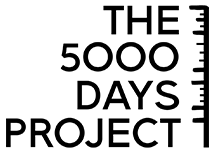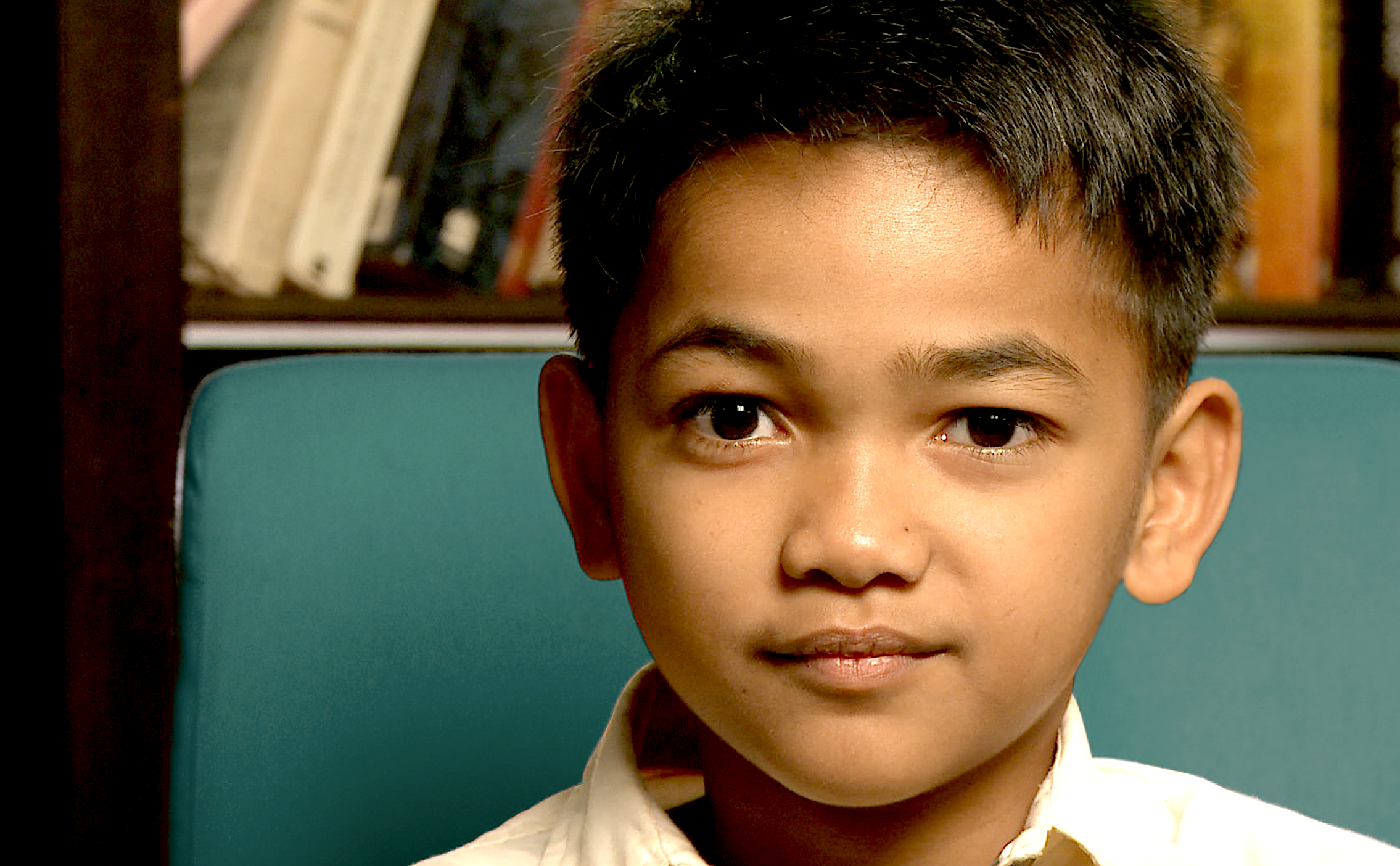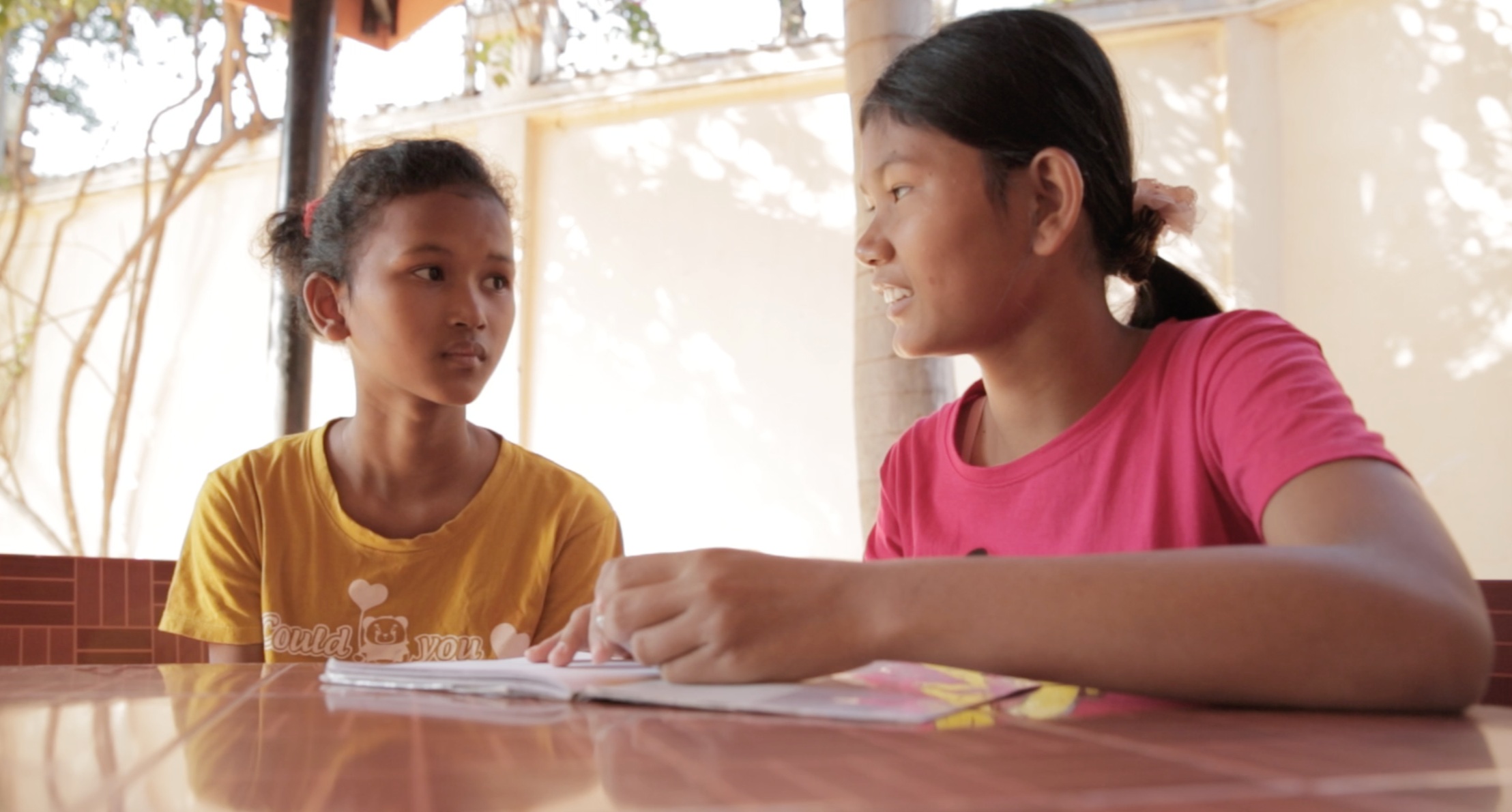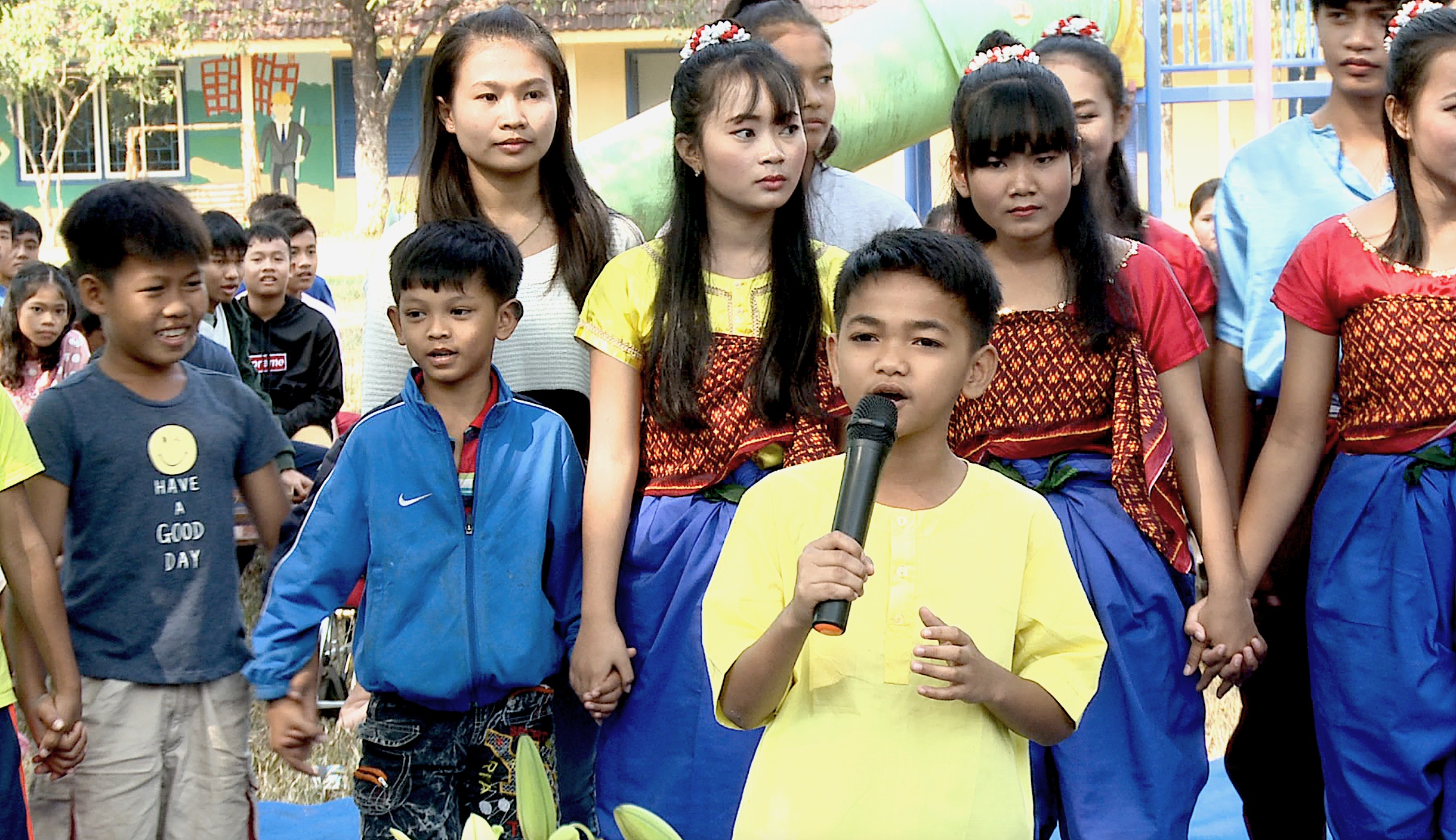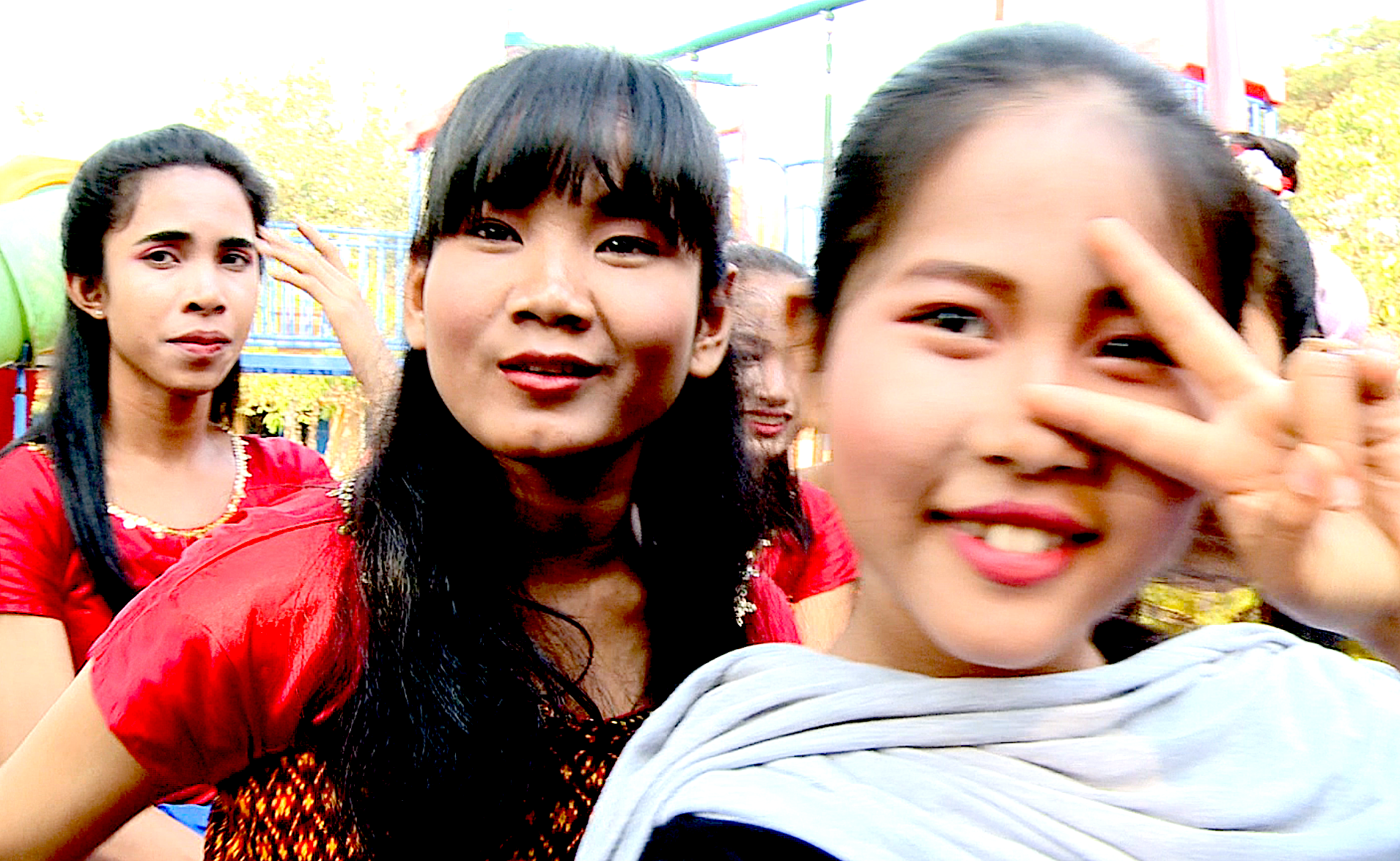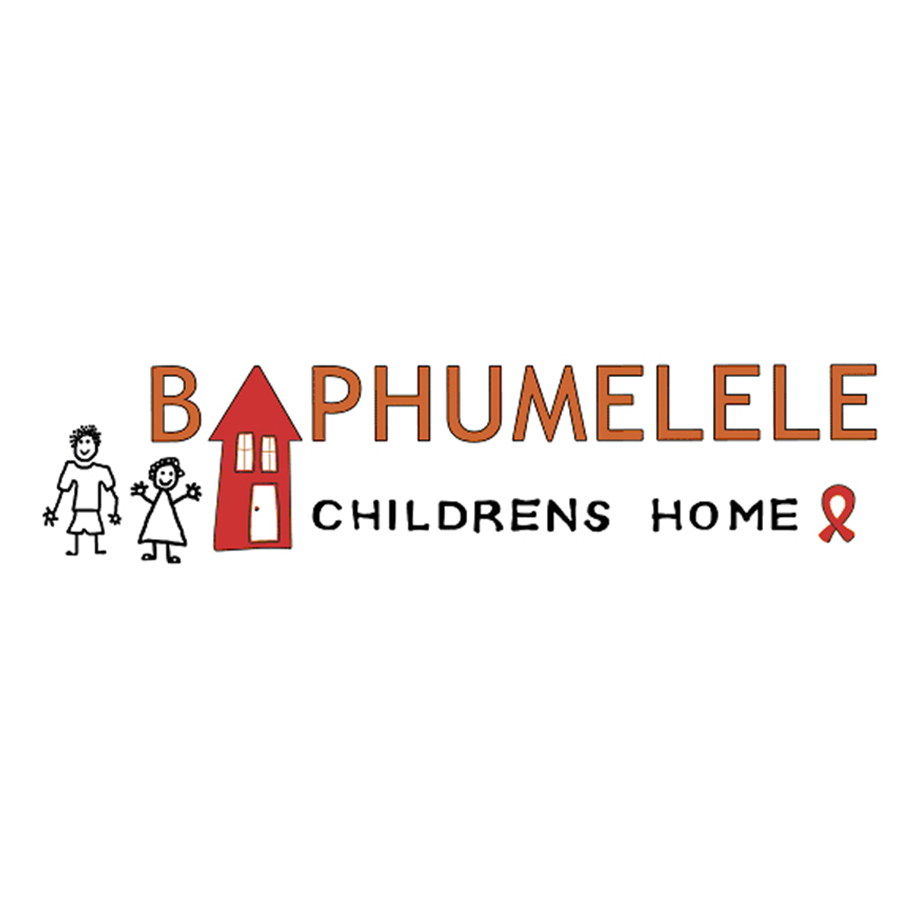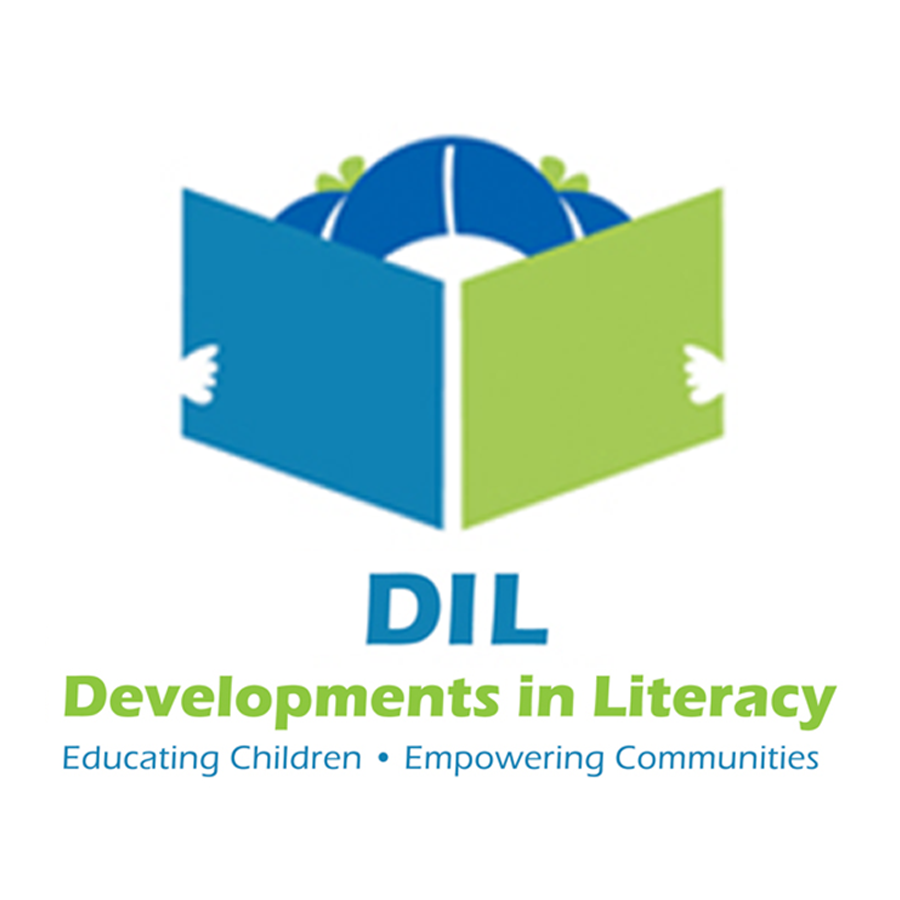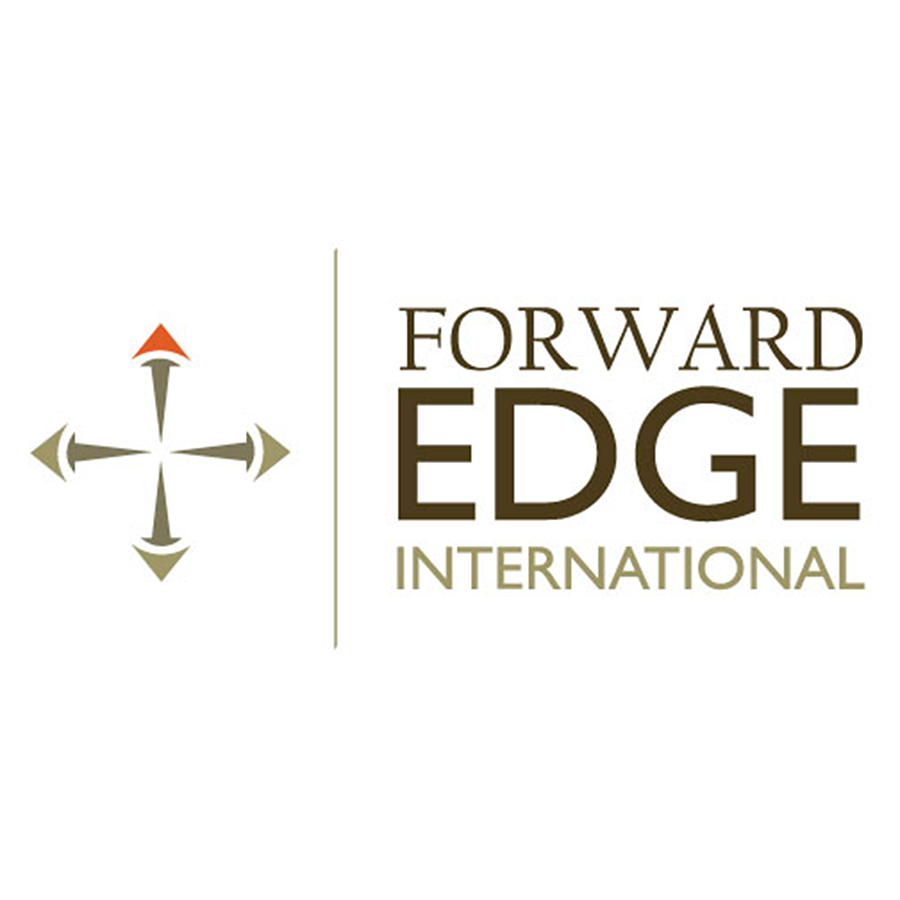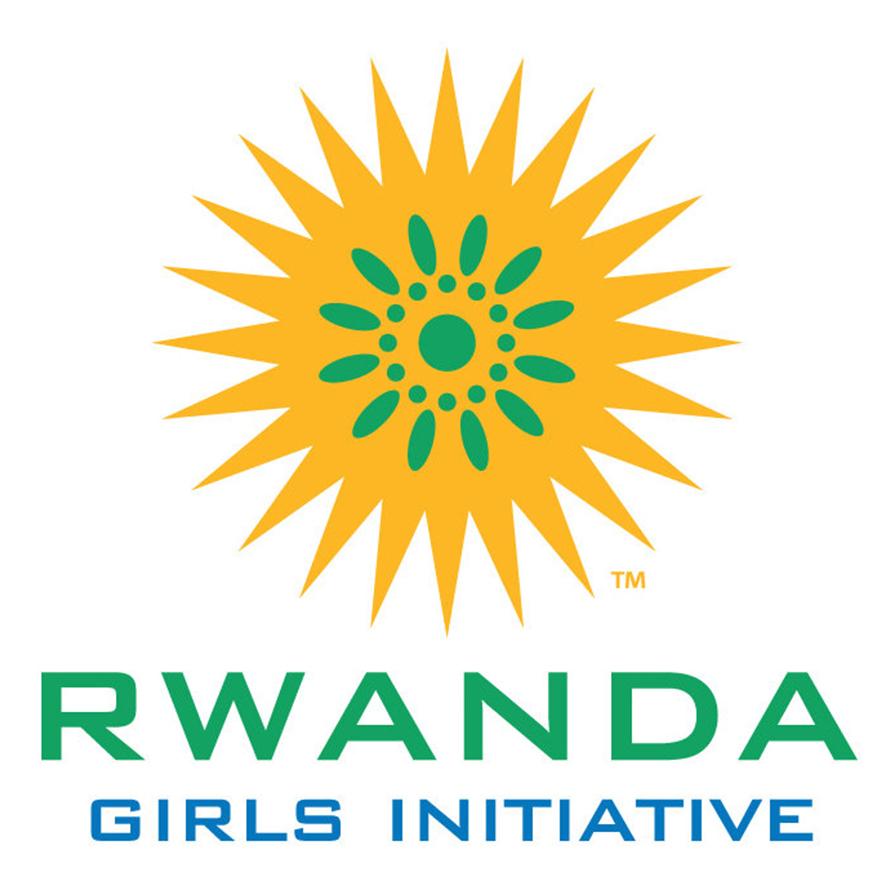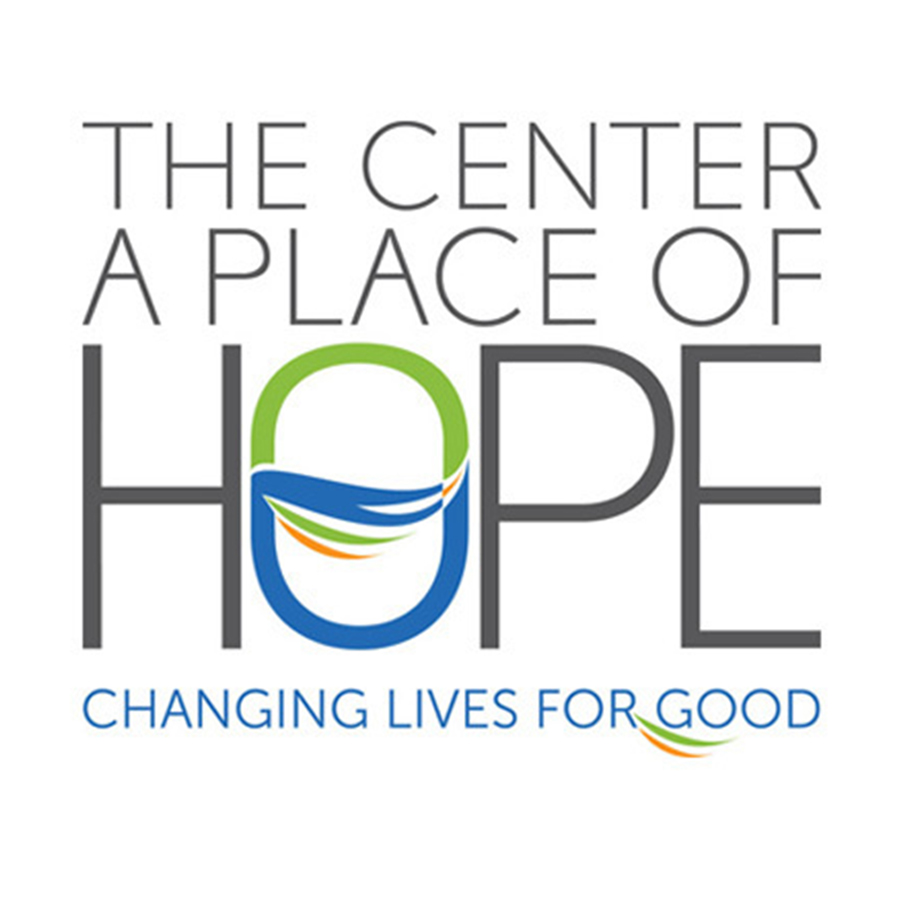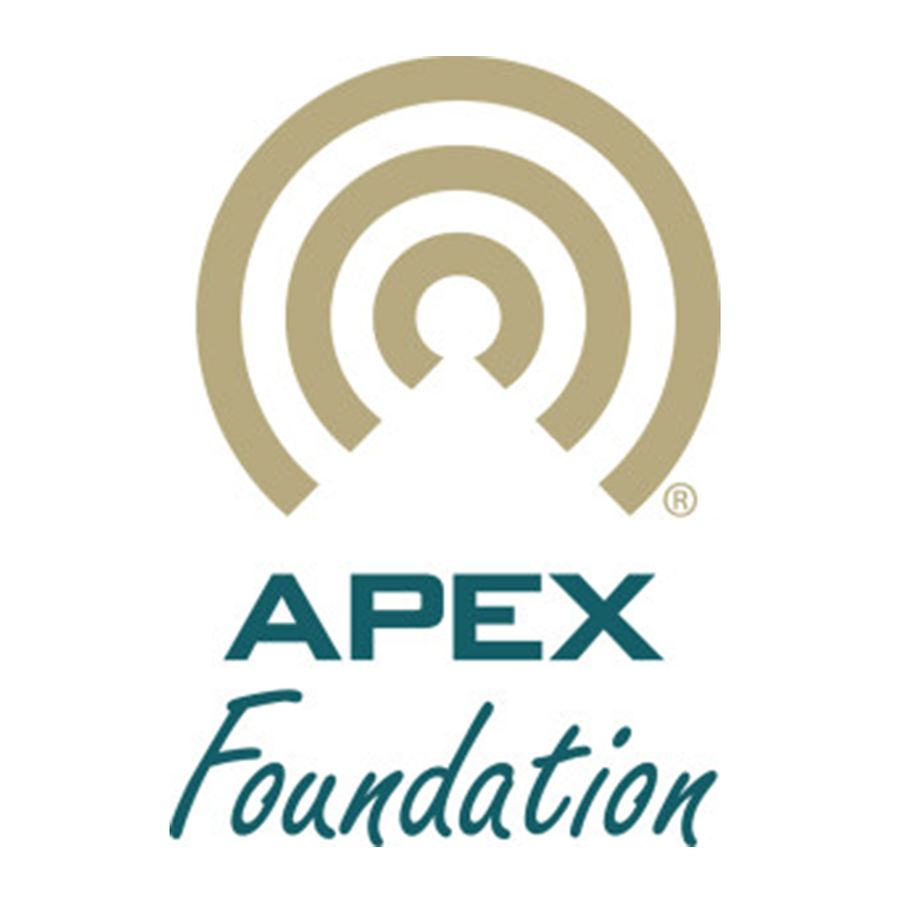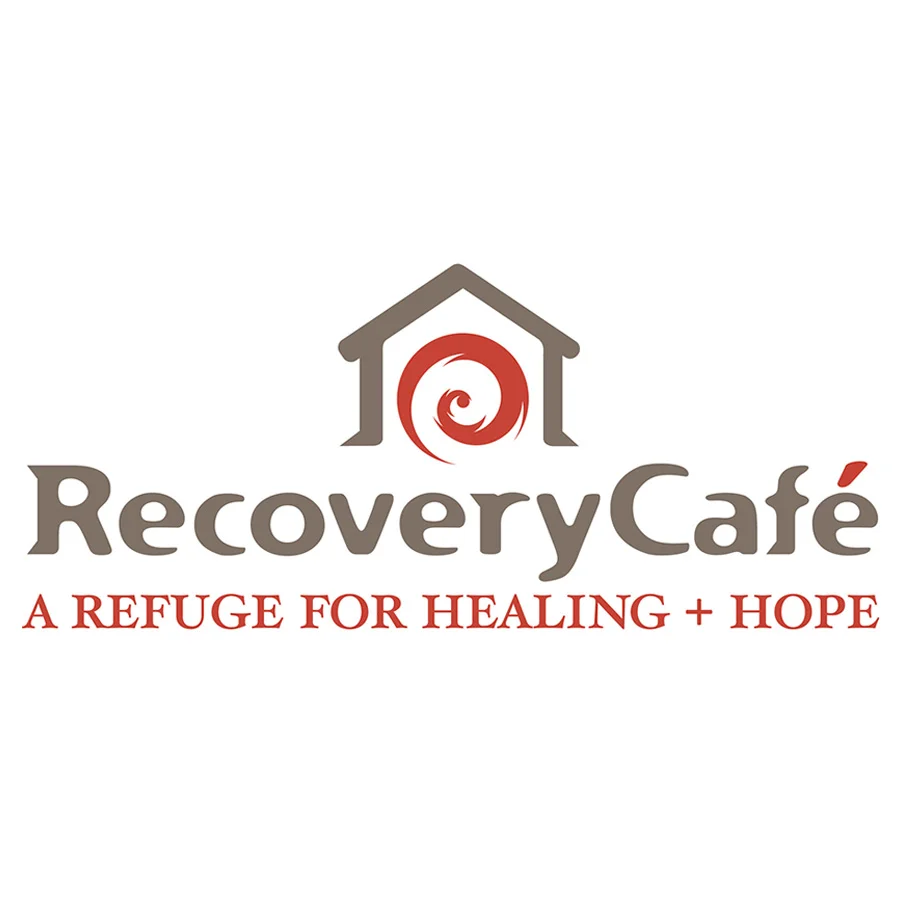They’ve achieved this in a country where people don’t have a lot of time to focus on anything more than survival. Despite having a grossly underfunded education system where teachers often take bribes to supplement their meager incomes, Cambodia has a good deal to teach us about education.
In the privileged West, kids approach school as a prison sentence having to be served, and their main incentive for going is to see their fellow inmates. Despite all of the money spent and the innovative brilliance of western educators, the effectiveness of western education is constantly undercut by this attitude and the disconnect between what kids are learning and why they’re learning it.
In Cambodia, kids view education as the ultimate privilege and are excited to attend school. Six days a week. Their gratitude quite simply makes learning much easier and more effective. The evidence is in the numbers. Immigrant kids in North America who arrive with the same sense of gratitude consistently score much higher on tests than their jaded American counterparts.
Before throwing more money at the problem, we in the West might first attempt a cost-free fix by owning our complicity in our children’s attitude and turning it around. The transformative power of gratitude can be taught. It comes from growing EQ.
